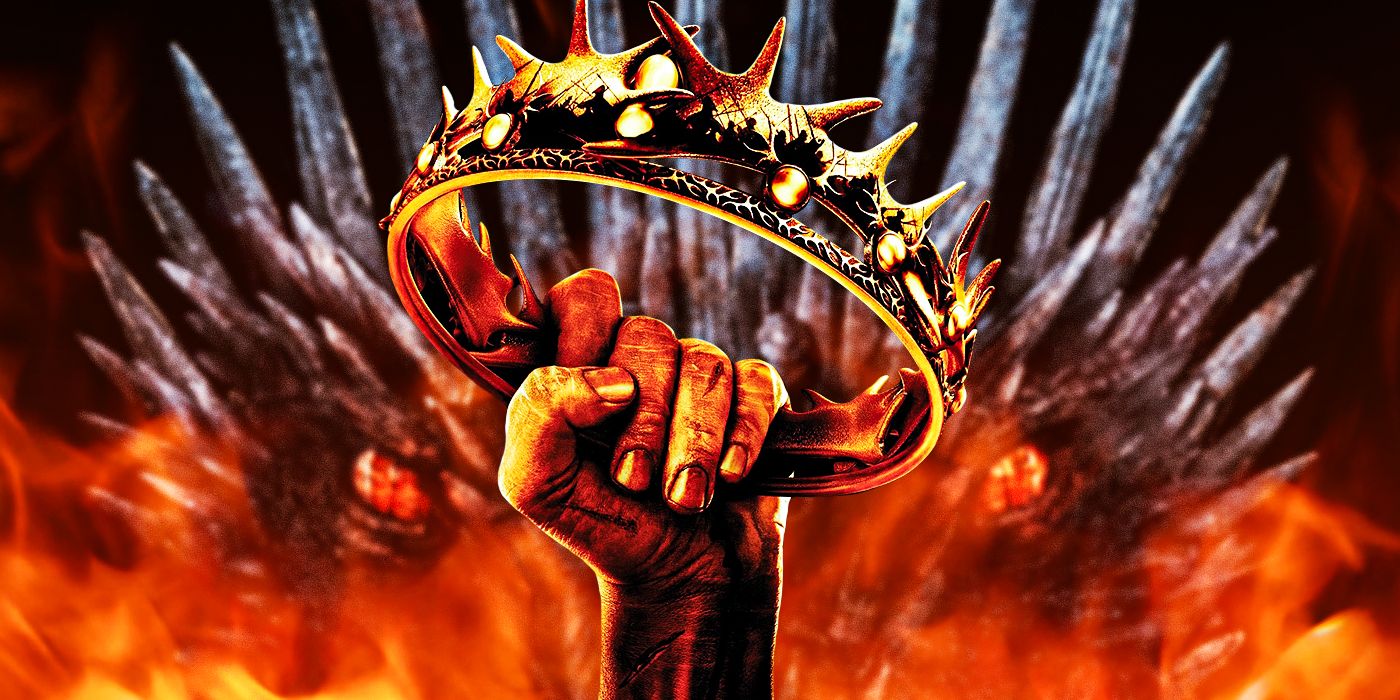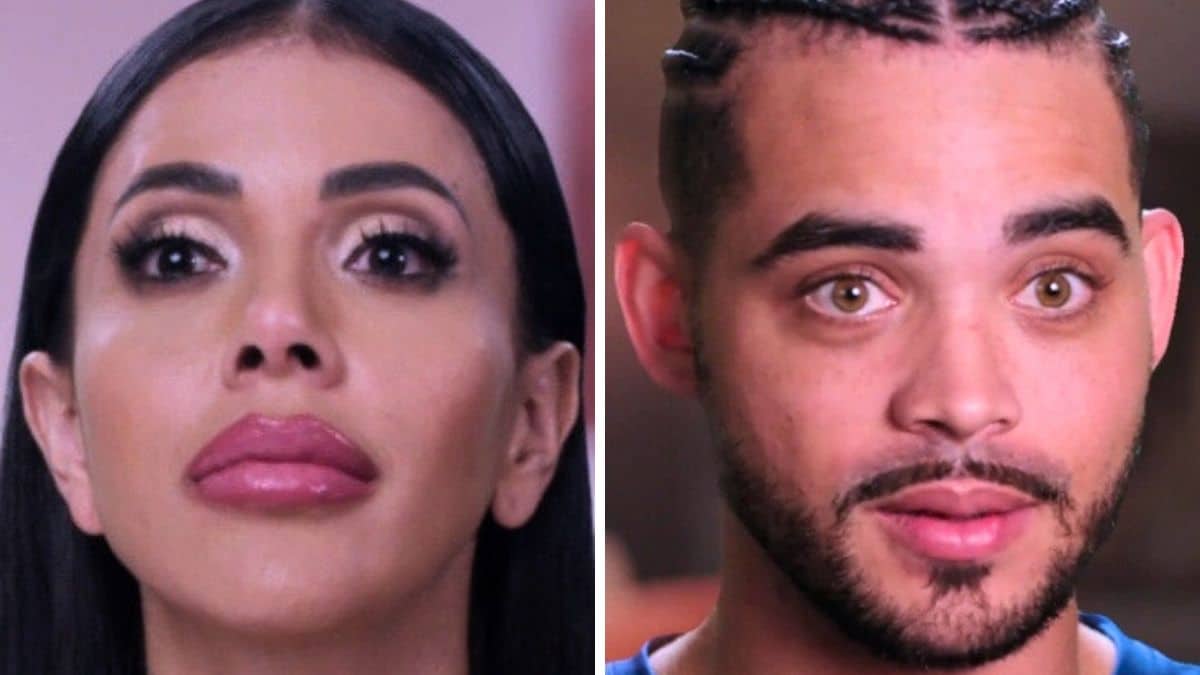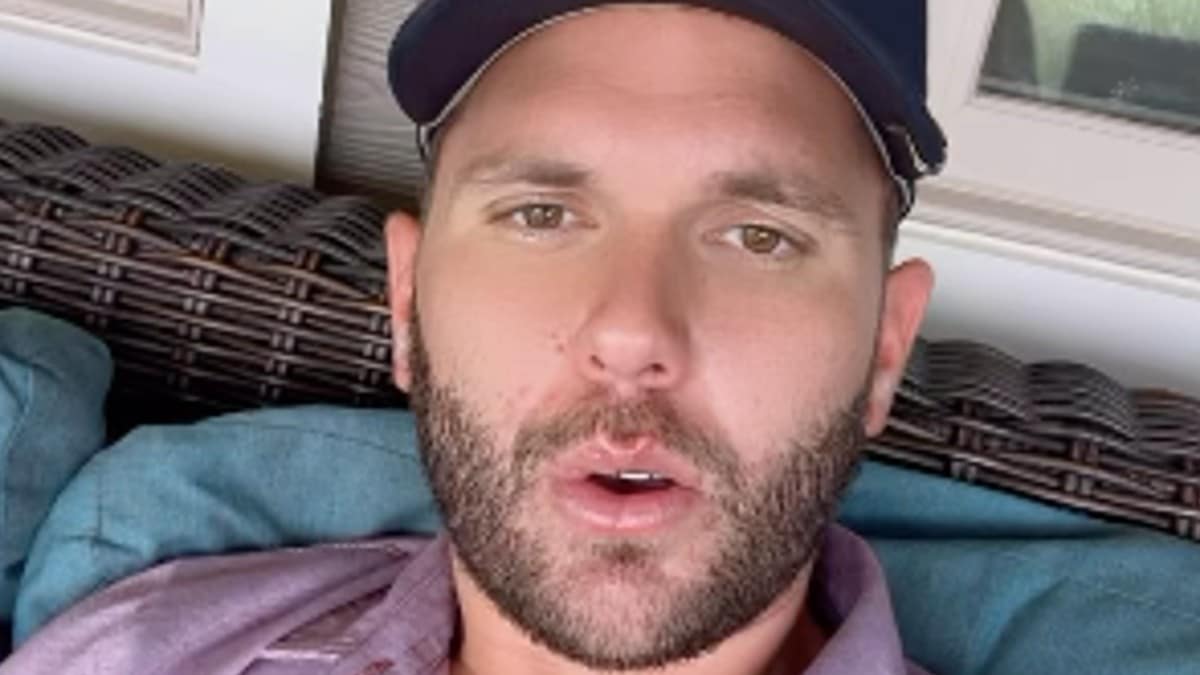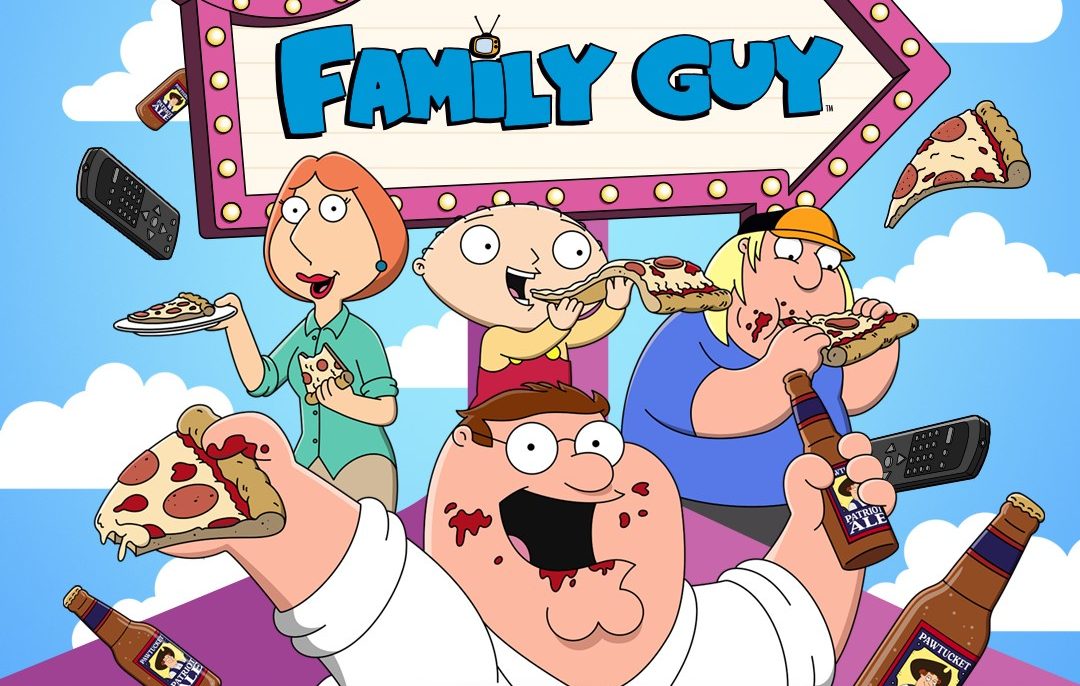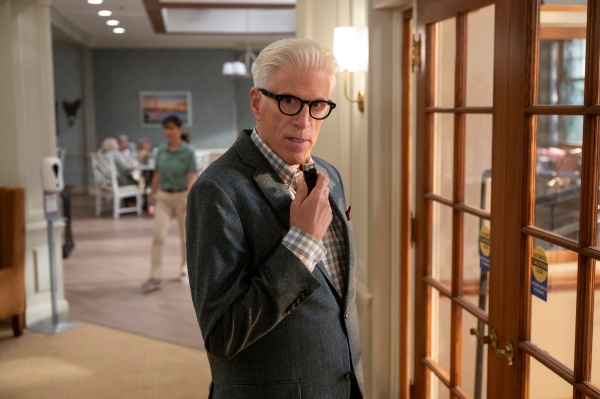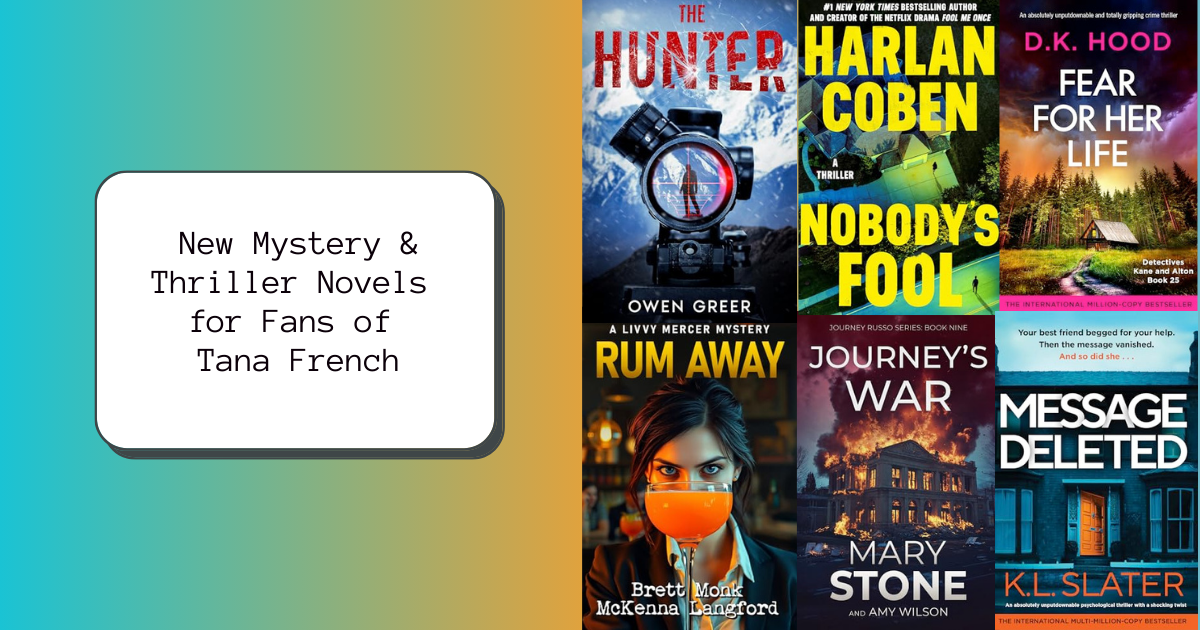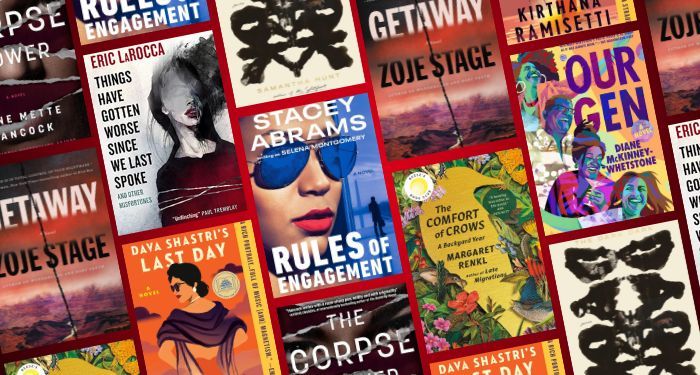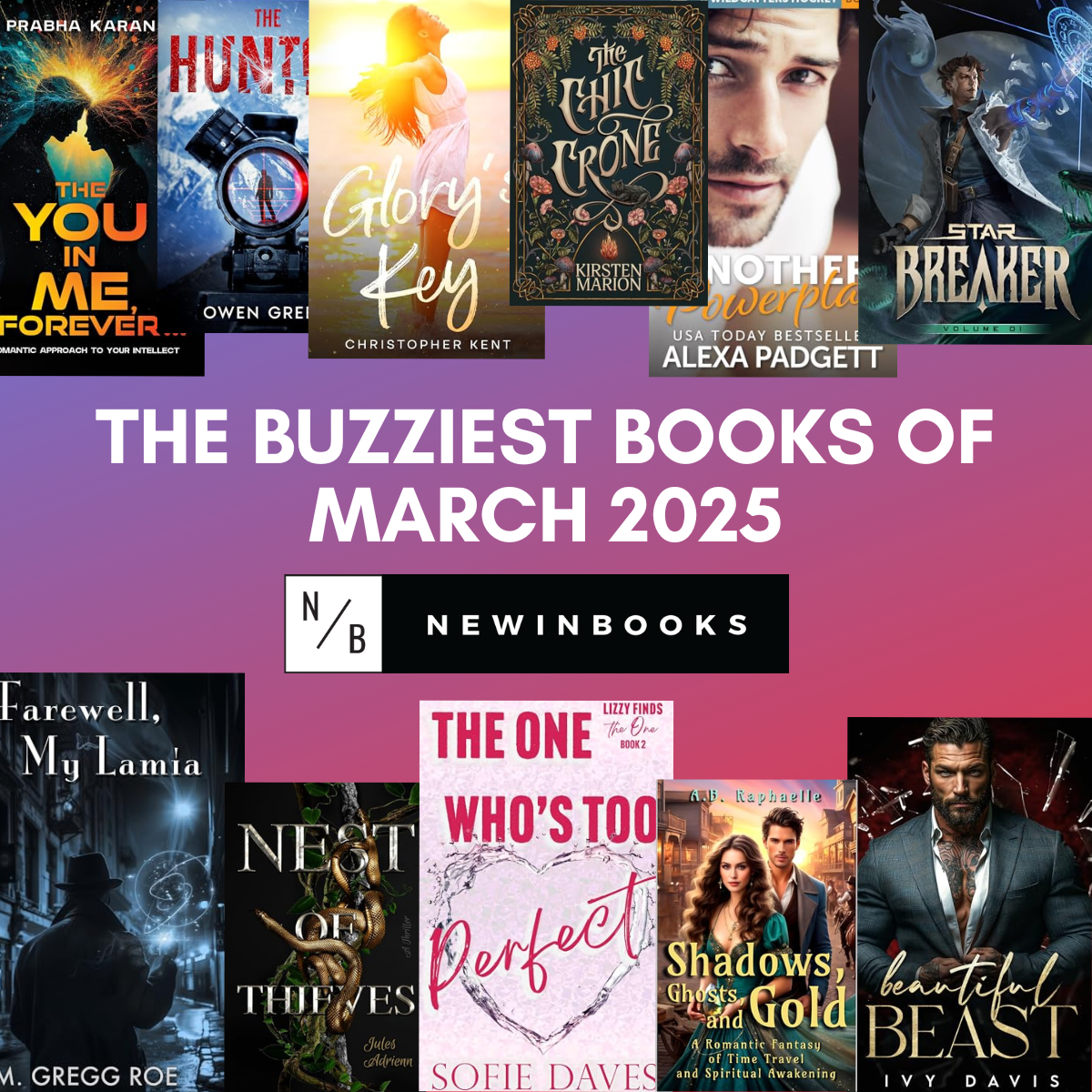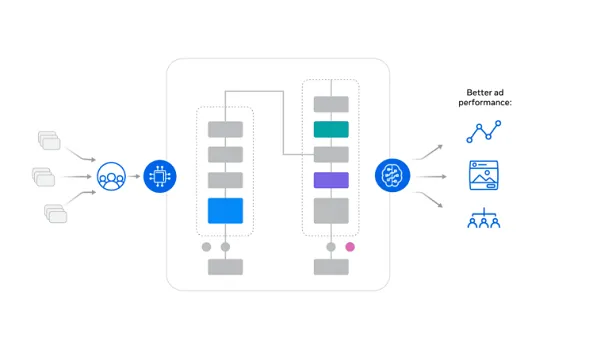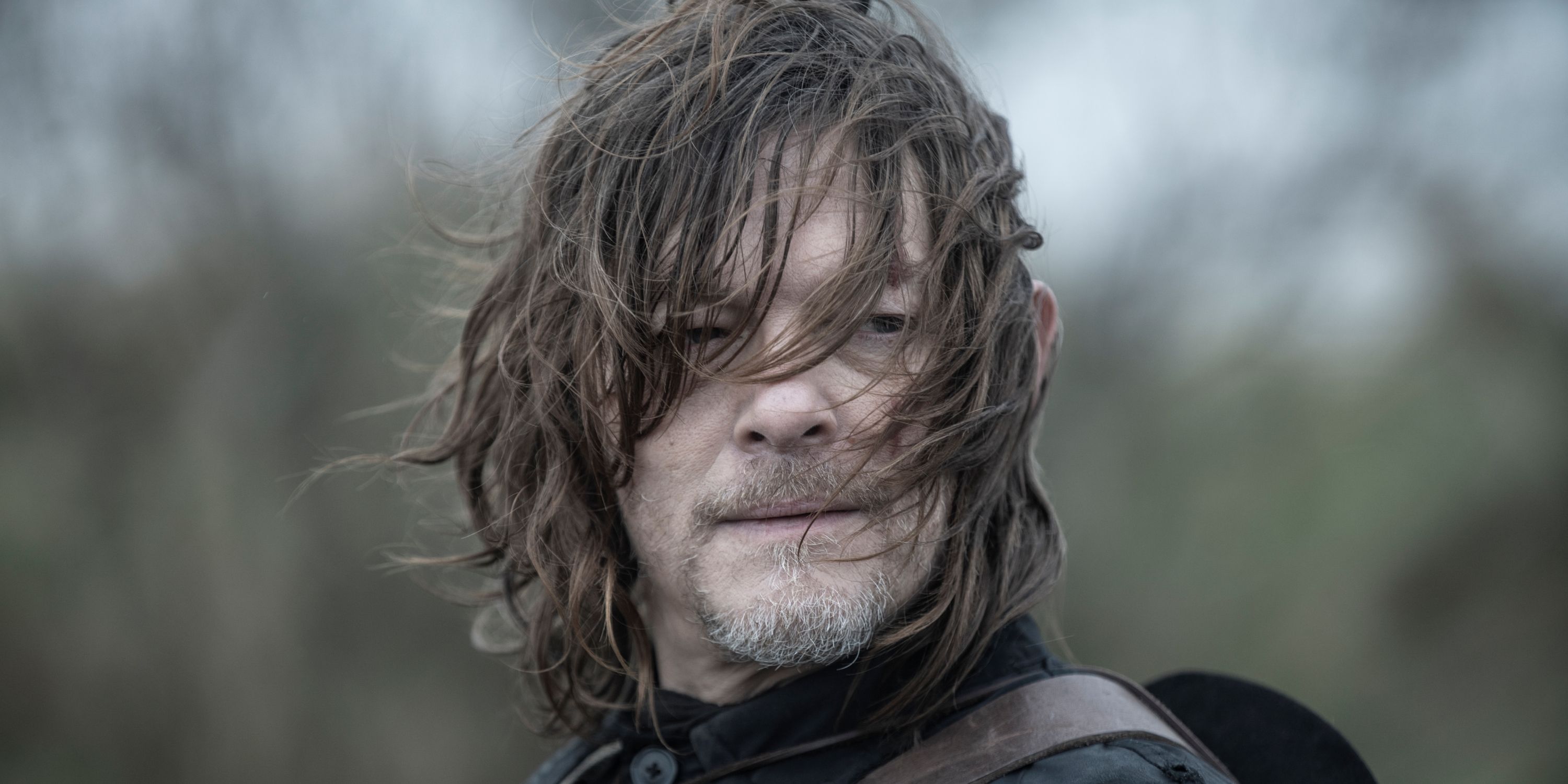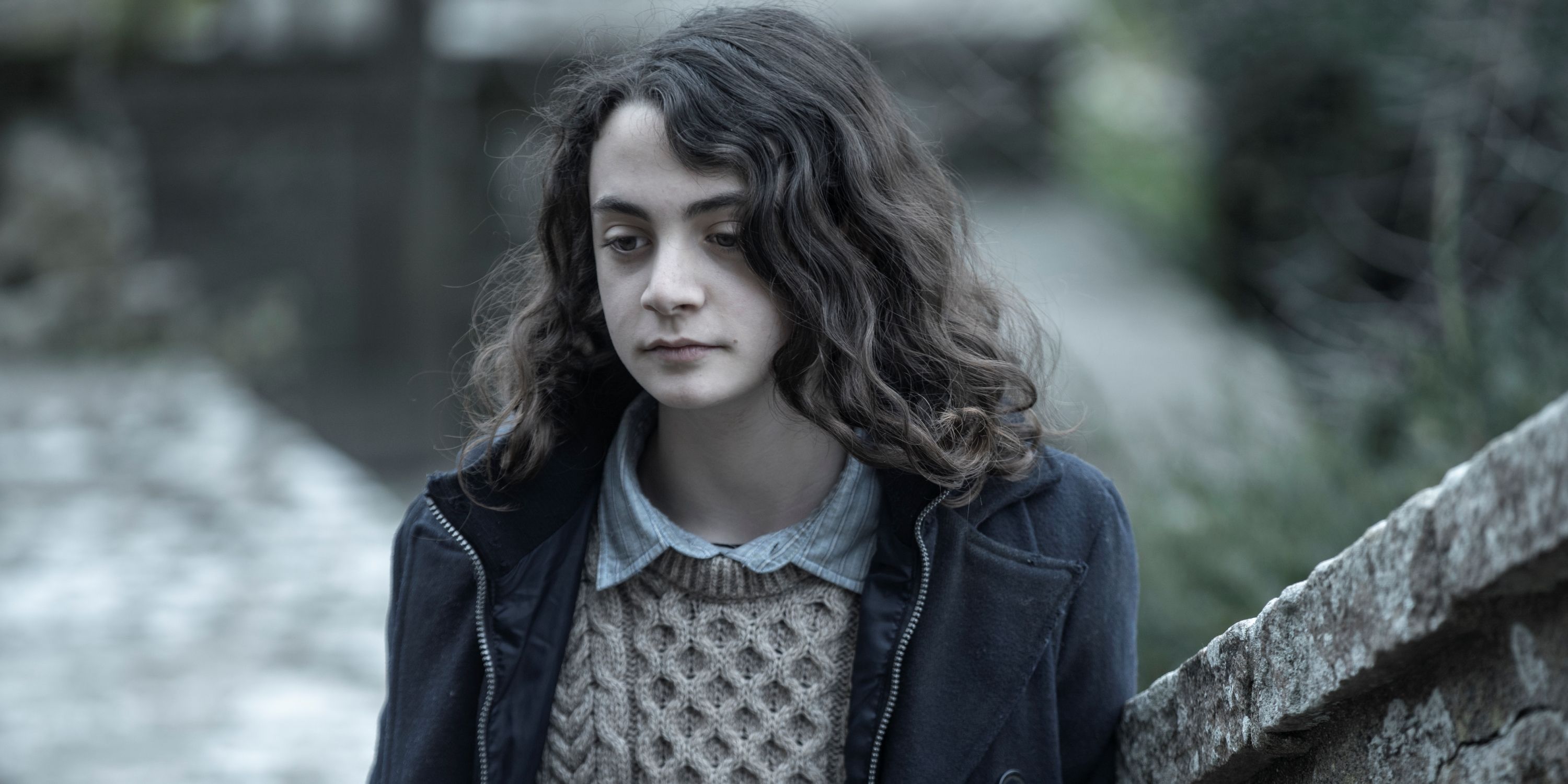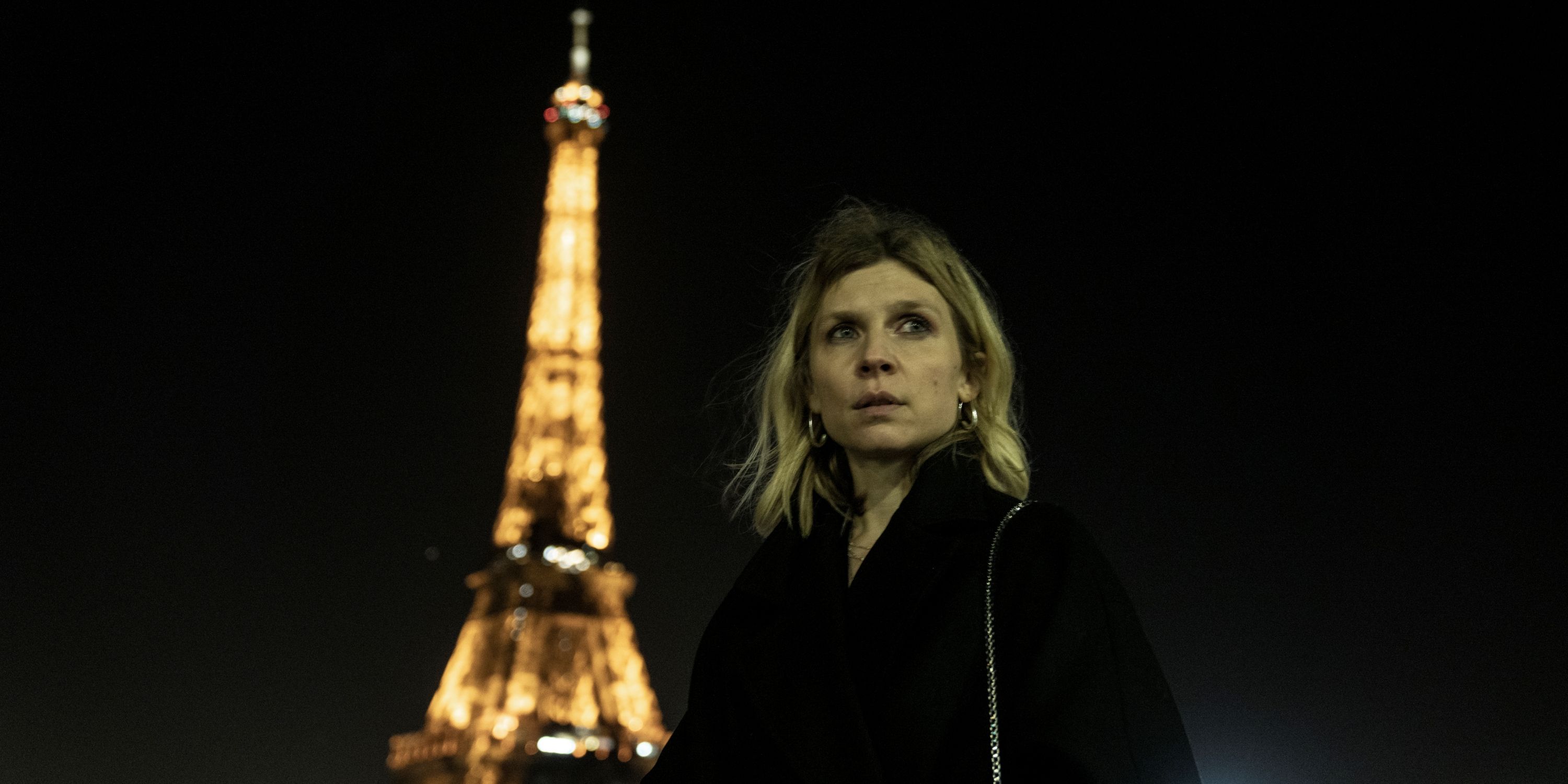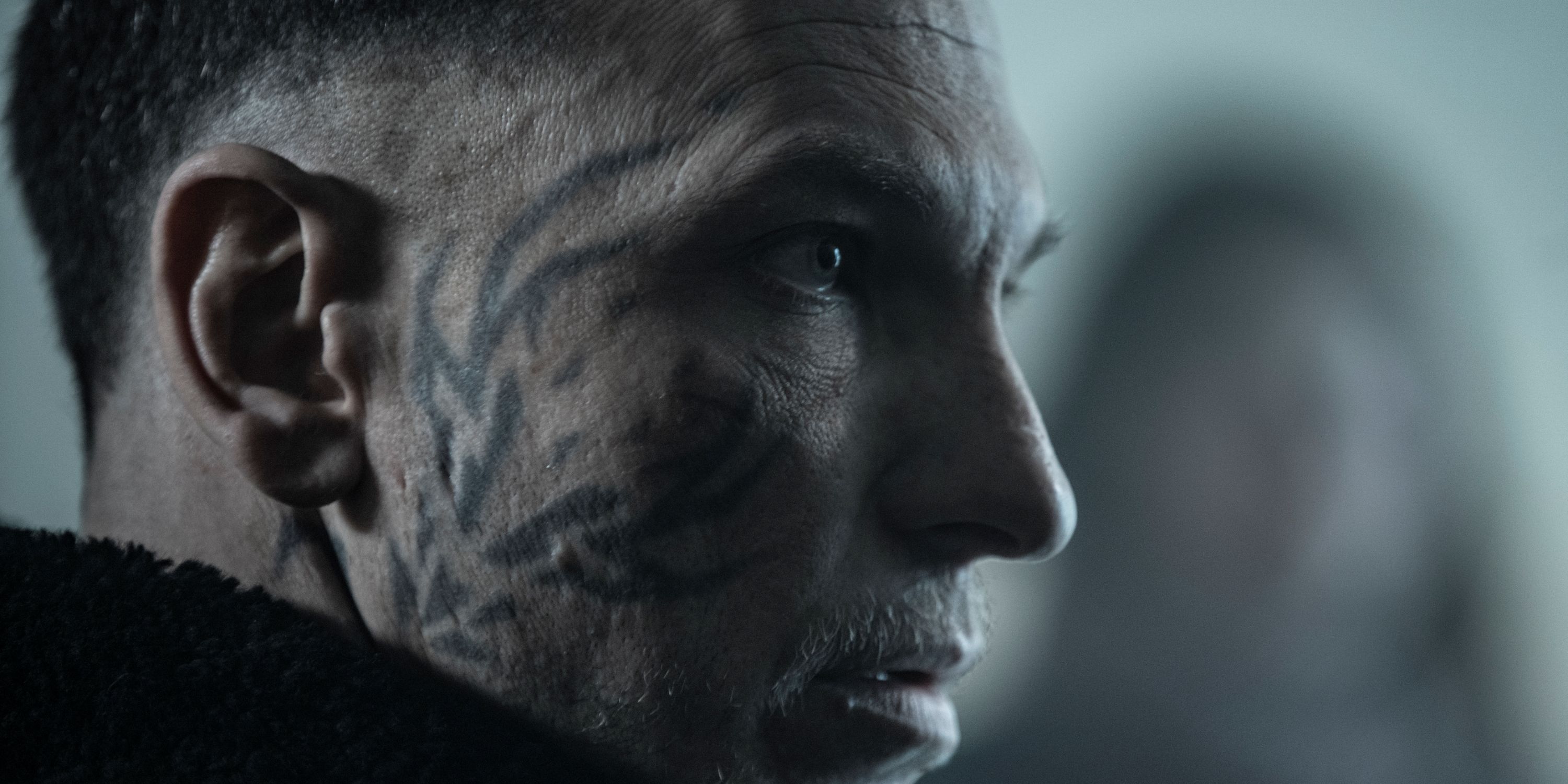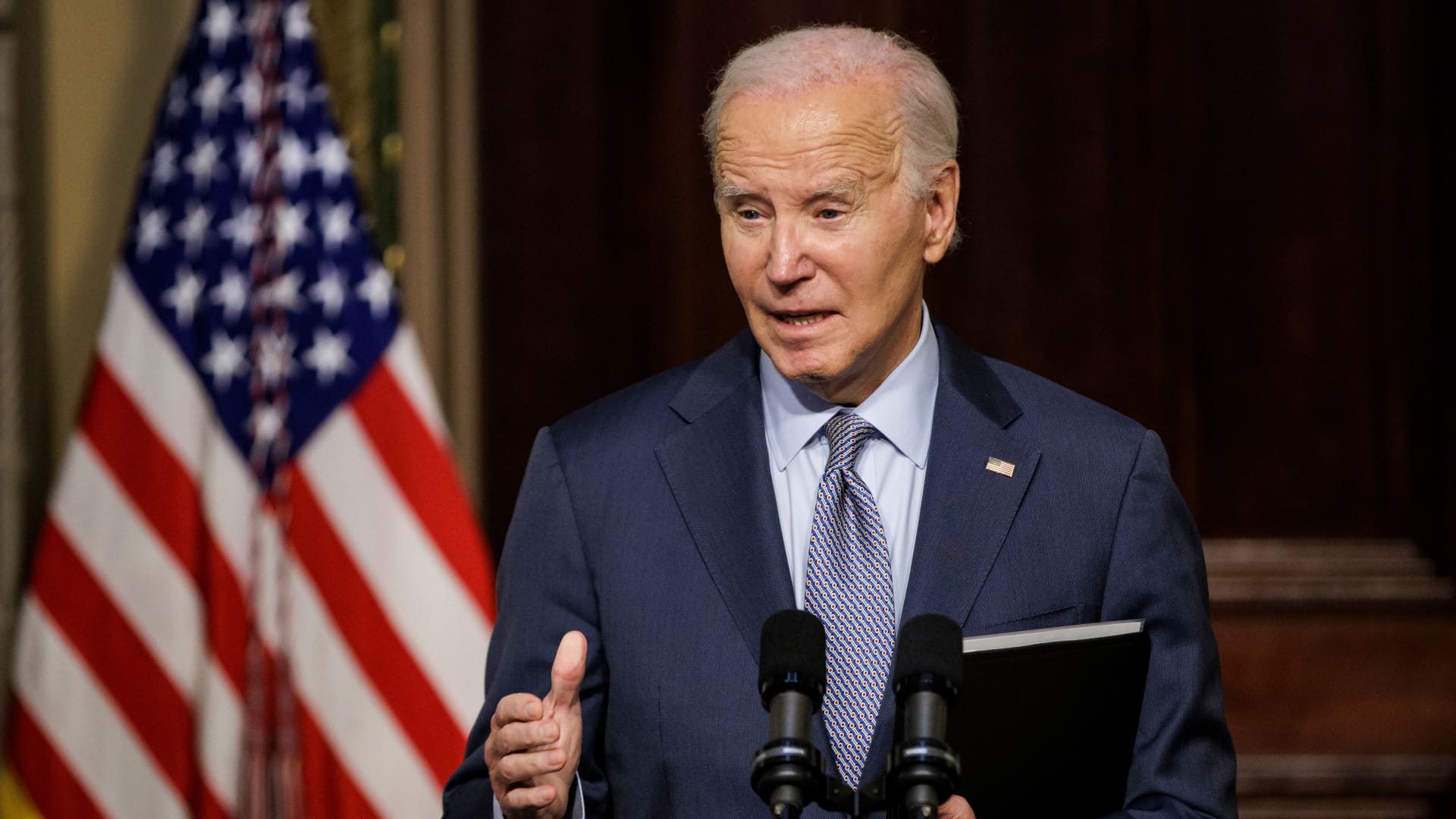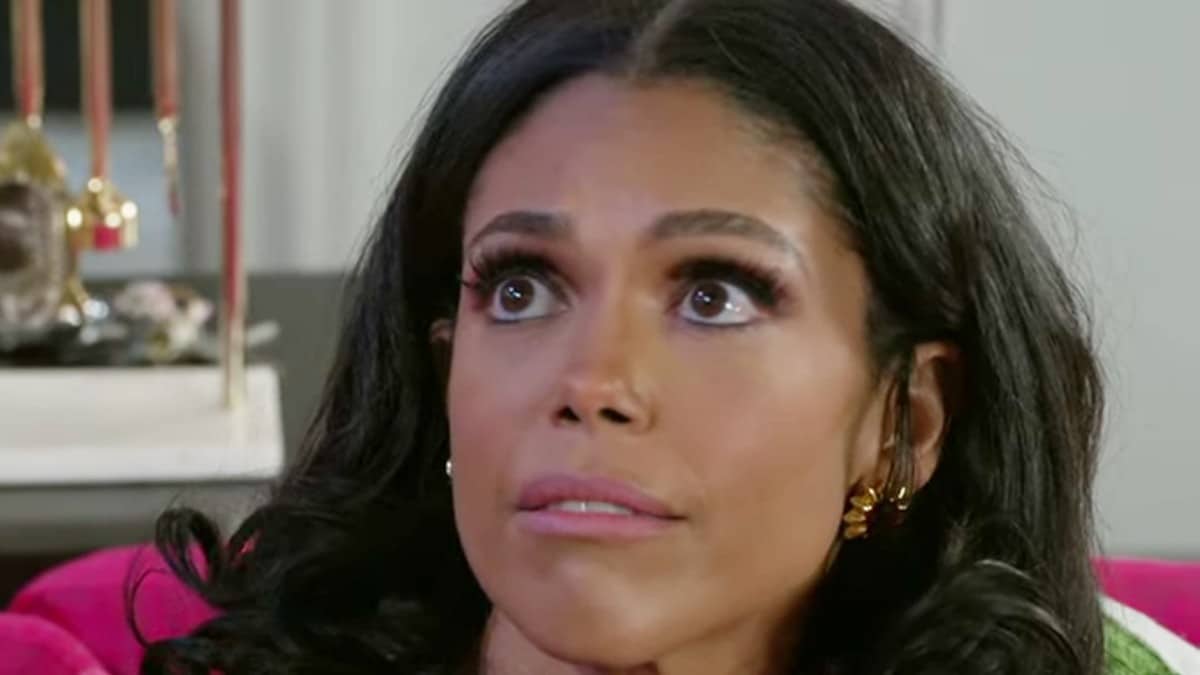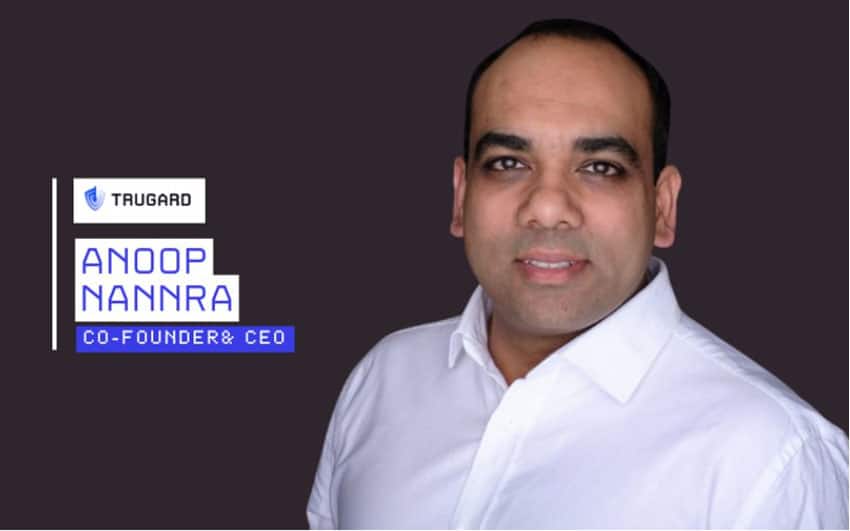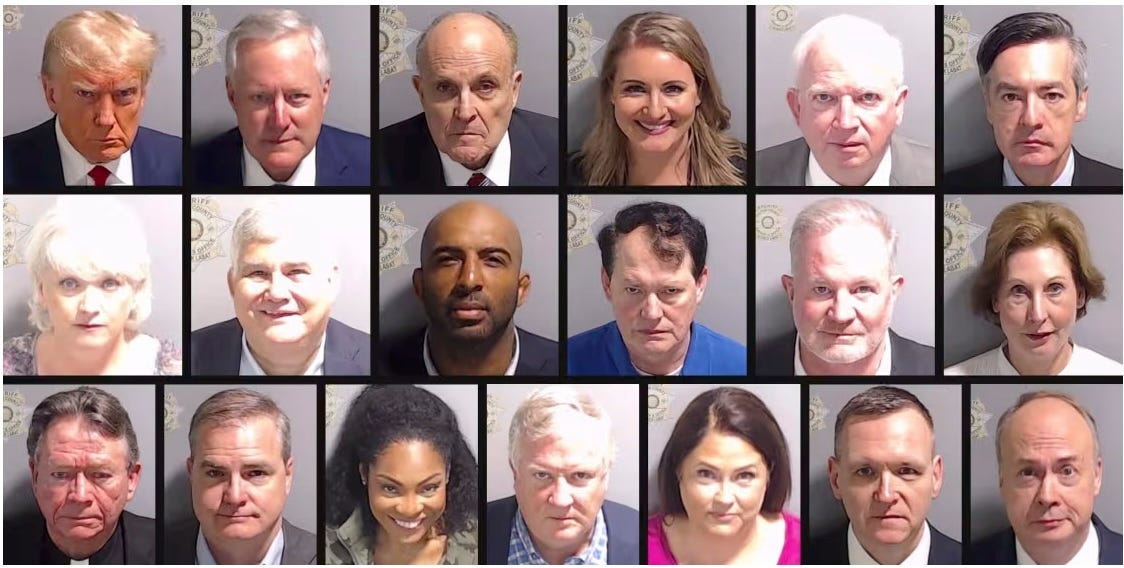The Big Picture
- Showrunner David Zabel discusses the freedom of focusing on Daryl Dixon’s individual story in “The Walking Dead: Daryl Dixon” spin-off series, allowing for a different kind of storytelling within the larger universe.
- Zabel highlights the collaborative relationship between himself and Norman Reedus, who plays Daryl and serves as an executive producer, revealing that Reedus’ input and experience greatly influenced the show’s direction.
- Fans will see the exploration of whether Laurent possesses supernatural powers. Zabel prefers to leave the interpretation of the story’s mysteries up to the audience, aiming to create an engaging and thought-provoking viewing experience.
[Editor’s note: The following contains major spoilers for The Walking Dead: Daryl Dixon.]The Walking Dead: Daryl Dixon has seen the fan favorite character relocated to France, where he washed ashore and set out on a mission to figure out how to get back home while navigating a very unfamiliar landscape. Along the way, Daryl (Norman Reedus) met a nun (Clémence Poésy) with the goal of protecting a very special child named Laurent (Louis Puech Scigliuzzi), but the dangerous journey that found them evading foes of both the human and walker variety also brought him further away from his return home.
During this 1-on-1 interview with Collider, showrunner David Zabel talked about how this series allowed for a different kind of storytelling and narrative within The Walking Dead universe, establishing a creative collaboration with Reedus, the next step in walker evolution, whether Laurent might have supernatural powers, Carol’s (Melissa McBride) role in the first season, whether they’ll jump forward in time at the start of the second season, how many episodes they’re planning, that the antagonists will be evolving with the protagonists, and thinking ahead to ideas for Season 3.
Collider: With Daryl’s journey this season, was it nice to have the freedom of not having to worry too much about the main story and just focus on his individual story because the way this show is set up, he’s at the center and everything branches out from him, instead of him just being a branch of the overall story?
DAVID ZABEL: That was, to me, a great relief, just because it allowed for a different kind of storytelling and a different kind of narrative. I felt that, alone, helped us feel of a piece with The Walking Dead, but still different. That was really rewarding. It’s great to have a big ensemble – I’ve done that on other shows, and it can be very exciting – but it was great to be really focused here, on one character, especially because Daryl is such an interesting character and because what Norman does is so nuanced and fascinating. I felt this from the first week of shooting, but I felt it more and more as we went on, how much he was capable of that he hadn’t always maybe been able to do on The Walking Dead because he wasn’t carrying stories. Here, he’s carrying the entire story, and he’s both provoking the story and reacting to the story and having to solve the problems. I felt like, for the character, for the actor, and for the extension of The Walking Dead universe, it was great to say, “This is a show about this character’s experience in this place.”
What was it like to establish that collaborative relationship with Norman Reedus? He’s your lead actor, but he’s also an executive producer on the series, and he is an expert on this character. Did he come to you with ideas before you started filming? Was it an ongoing conversation? What was that like with him?
ZABEL: It was an ongoing conversation with Norman and me. It started from the very beginning, when I first met him and told him some of the ideas that I had, and he responded really favorably to them. From then on, it was an ongoing conversation. There were lots of ideas that he and I talked about that made their way into the show. There are lots of places in which he helped improve it. His experience as the actor playing the character for all those years is invaluable. It’s a great tool to have in your pocket, if you’re a writer, because you already have an authentic voice for the character, and someone who knows what he’s been through and what he hasn’t been through, and the ways that we could push him to do things or to experience things that he hadn’t experienced before. It was really a very healthy relationship between Norman and me. We don’t always agree on everything. The beauty is that Norman and I had a great working relationship, all the way through from the beginning, and we agreed on the essential things – the vibe of the show, the mojo of the show, the lyricism of it. All that was stuff that Norman and I talked about from the beginning and that we were on board with. And then, there were times when it was like, “I think it should be like this.” No, I think it should be like this.” And we’d hash it out in a healthy way. There was enough of that conversation to not be just blowing smoke, but we were essentially aligned, all the way through.
How did you work it out when your thoughts on something didn’t line up?
ZABEL: It’s like a regular relationship, sometimes we compromise. Sometimes we tried it more than one way. There were plenty of times where Norman had a feeling and my initial thought was, “I’m not sure,” and then I realized he was right. He’s feeling it from the inside. He’s in front of the camera doing it, and I can see like that he’s right. There were plenty of times like that. But I do think it’s like any healthy relationship, where we’d hash stuff out and it would go either way. Sometimes there’s a meeting in the middle. The real solution, most of the time, is somewhere between what I want it to be and what Norman thinks it should be, but there wasn’t a ton of that. I do want to say that there wasn’t a lot of that. There was some of that, but a lot of that, we hashed out before the day. Norman reads the script, gives notes on the script, and we talk about each draft of the script. We are constantly honing the scripts to get them to a place where I felt good about it, he felt good about it, and the directors felt good about it. Hopefully, by the day, we’re pretty much there. But there are times when he, as the actor, is in front of the camera and can feel something, and only Norman can do that. You have to trust, when you have an actor as great as Norman playing a character as indelible as Daryl, and he says he’s feeling it, and he’s the guy who’s doing it, that’s probably the way to go.
What would you say is your dream walker creation? After the walker concert and the walker gladiator fight to the death, what would you want to create next?
ZABEL: That would be a little bit of a spoiler because we are doing some of that in Season 2. I will say that there are other places in Paris that are famous and well-known that would be very exciting as settings for zombie action, or walker action, and we are doing some of that in Season 2. Also, these amped up walkers that Genet is working with, we certainly continue to progress that idea and build on what we’ve seen in Season 1. That leads to some very exciting stuff in Season 2, with her little army of amped up walkers.
Talk to me about putting Laurent in a position to kill his father to save Isabelle. What made you want to put him in that situation? Do you see that as a turning point, as far as shaping and altering who he will be moving forward?
ZABEL: For me, the story of the boy torn between two father figures was always an important element of the season. There’s the biological father, who is not a great parent in most ways, and then this father figure in Daryl, who just appears. In folklore and mythology, the idea of having to kill the father figure is pretty prevalent and it made sense to me. In episode four, Daryl almost kills Quinn and doesn’t. He doesn’t want to do that in front of the boy, which is an act of mercy and grace and paternity, really, to say, “I’m not gonna do this terrible thing in front of this kid’s eyes, even though this guy probably deserves it.” After we had talked about that story, it made sense to me that to grow and to evolve and mature in this epic story, the boy needed to kill the bad father figure that’s no good for him. I just thought it was dynamic that he has to be fortified to do it by Daryl. He has to be strengthened by Daryl, in order to do it. It’s required, on a cosmic level and to save Isabelle, in that moment.
I wondered a couple of times whether Laurent has some sort of supernatural powers. Is that something that you intentionally want to play with? Do you want to keep that a bit mysterious, or do you plan to give a more definitive answer to that? Is that something that I’m just projecting?
ZABEL: No. With Laurent, we certainly wanted to suggest and continue to explore the idea that there’s something special about him. I might not use the word supernatural, but maybe it’s the same thing. Is there some kind of gift that he has? What’s interesting to me is, when you have these Messianic figures in history, many of whom were believed to have these special powers, some of whom were probably just really incredible personalities and human beings who were able to lead and inspire people, we wanted to explore that and we continue exploring that in Season 2. So far, at least, we haven’t nailed it down. At the end of the day, it’s more what people believe and want to believe, in order to get through dark times. There are a whole bunch of references that you probably know, in terms of characters like that. That was the idea. We certainly made a concerted effort to continue to explore that idea without ever defining it. It’s great what you said, actually, because I often don’t want to explain stuff to the audience, maybe sometimes to my detriment. I want the audience to take away what they want to take away without telling them what I think they should take away. We try to reflect that in all the writing and the playing of the show. Sometimes it can be perceived in a way that maybe isn’t how I want it to be perceived, but I just want to give the audience the space and the respect to say, “This is what’s happening here. You can judge it how you want to judge it. If you think that’s what’s happening, that’s it.” I’m not trying to play a trick or fool anybody. I’m trying to leave space for the audience to actively be engaging with the story in a way that they’re feeling it.
Obviously, fans of The Walking Dead and fans of Daryl have been waiting to see whether Daryl and Carol will reconnect and what that moment would be. They got that moment over the radio, and then got to see Carol in the flesh in the finale, as she’s getting steps closer to reuniting with him. Was that always the moment you wanted to give us with her, in the first season? Did you think about any other possible ways to handle that?
ZABEL: That was pretty much what we wanted to do. When I first started talking to Melissa [McBride], to see if we could get her to do something in Season 1, I wanted to do that. There was one other idea we had, but this was always the way that I felt we should go with how to bring Carol back in. The radio call in episode five sets it up and also teases out some other ideas that we hope will get explored. Most of that will be explored, in one way or another, in the future. It teases out that she’s got this life that’s going on at the Commonwealth, and then something has provoked her to come looking for Daryl in the finale. To me, that was the most exciting dynamic, the idea of her worried about him and wanting to find out what’s become of him.
What can you say to tease the second season? Will you pick up where you left off in the finale? Will you be moving forward in time, at all?
ZABEL: I can say that we will pick up pretty much from where we leave it off. We are not doing any fancy time skipping thing, or anything like that, at the beginning. We won’t cheat on that at all, in terms of answering the questions that are being asked, in one way or another, at the end of the finale. We won’t just drop anything. We won’t skip a big part of the story.
Will it still be six episodes? Are you looking to expand the episode count in Season 2?
ZABEL: I think I can say that it’s six episodes. We’re still filming, but it’s six episodes, as far as I know.
How far ahead have you thought about this story arc? You’re shooting Season 2, but how much further have you thought about the story you’re telling? Have you thought about a third season? Have you thought about ideas for five seasons?
ZABEL: I haven’t thought about a five-season arc, to be honest with you. I have thought about Season 3 a decent amount and have ideas for that, but not really beyond that. There’s just so much that can happen and so much that could change how the story wants to go, and what other elements occur within The Walking Dead universe, even beyond this show. My responsibility is just this show, but it’s part of a larger thing, which is The Walking Dead universe. So, I try to take things one season at a time, at this point.
Codron is such an interesting character. He’s someone that you want to hate, from the beginning, and yet somehow he makes himself sympathetic and likable. Will he be a different man in Season 2? What will we see of him?
ZABEL: Yeah. I love what you just said. It makes me so happy that you just said that because that was the goal with him. We also have an actor who is so capable, in Romain Levi. He’s so amazing and can do whatever is required of him and bring great nuance to it. You’ve reacted exactly the way it’s intended. He’s complicated and there are aspects of him that we can empathize with and we can understand, even though he’s doing terrible things. We will definitely see him evolving in different ways in Season 2. As you saw in episode six, he has this big moment of coming to terms with himself, in some ways, what he’s been doing, what he’s been participating in, and how he’s been loyal to Genet. That’s a story that we will certainly lean into. We love the character, we love the actor, and we also love his interactions with Genet, so you’ll see more of them together. Anna Charrier, who plays Genet, is a also a great actor playing a role that has nuance. We’ll see more of her nuance and backstory in Season 2.
For both of those characters, there’s a continuing evolution and growth. They’re not static. That’s one thing that we’ve been good about and I’m proud of. We’re not in a situation where we have to do the same thing again. We’re a road show, in the truest sense. We’re like, “Okay, that was yesterday. Now, we’re here and we’re doing something else.” People are changing and things are changing. We’re not stuck in a rut with how the characters are. They’re evolving, and I’m really proud of that. That’s true, even with the antagonists. It’s not just the protagonists who are progressing and evolving. It’s not just Isabelle and Daryl and Laurent who are going through all these changes, but it’s also Codron and, to a lesser extent so far, Genet. Even Sylvie, who’s a character that I love, but she’s a secondary character played wonderfully by Laika Blanc-Francard, you’ll see that she has a little evolution too. That, to me, is the way to always keep things interesting. You never want to say, “Okay, this works, so let’s just keep doing this.” If the character works, the character has to keep breathing and living and moving forward, so that’s what we try to do.
The Walking Dead: Daryl Dixon is available to stream at AMC+.







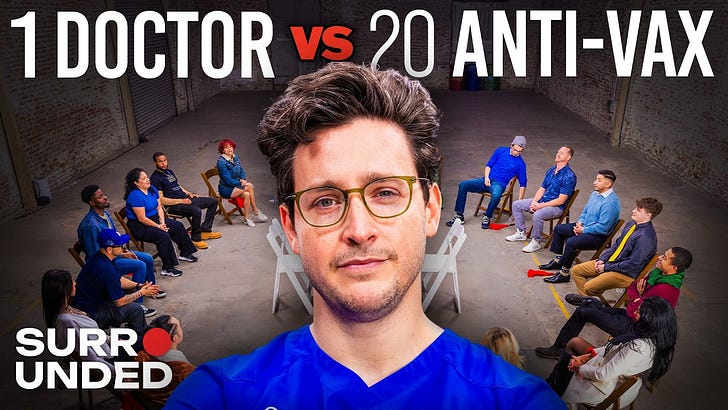
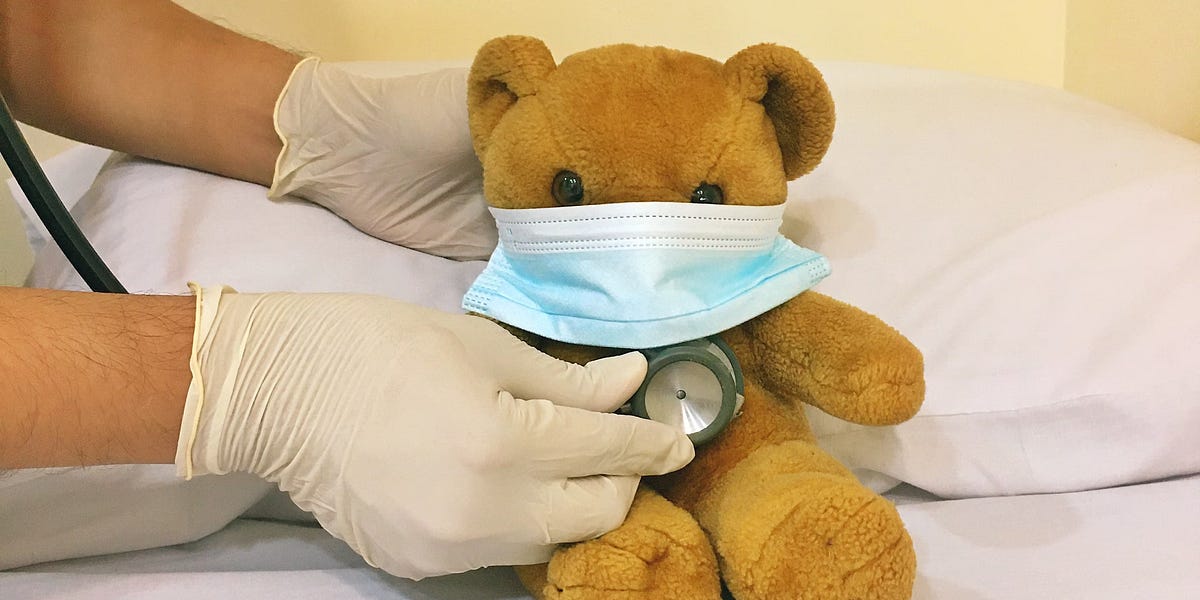

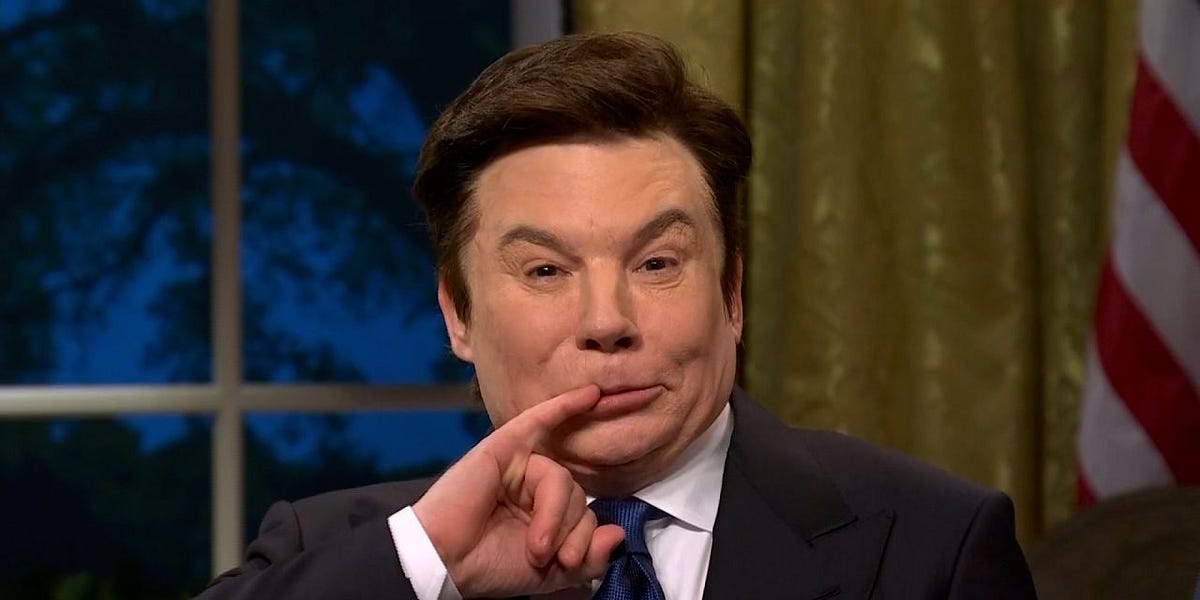
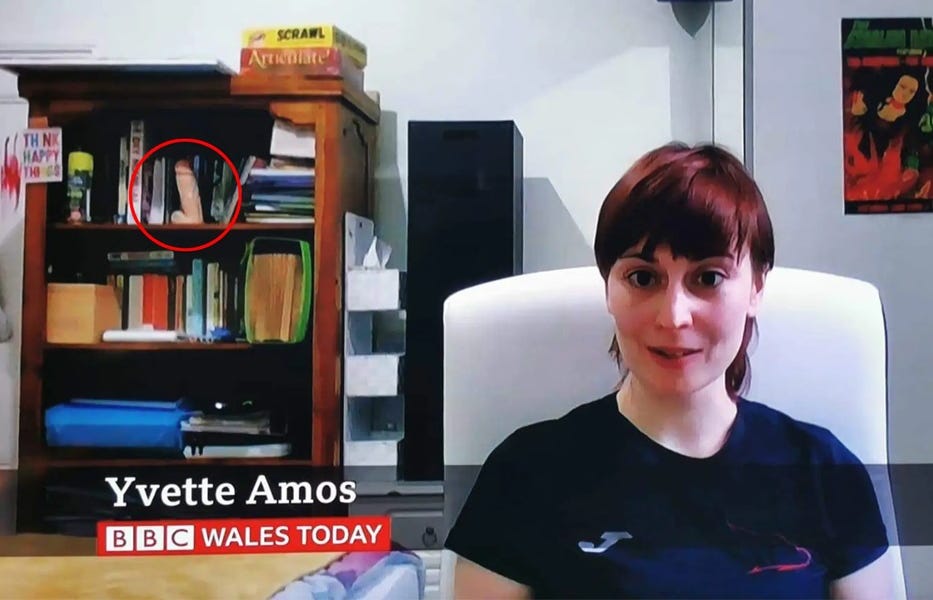
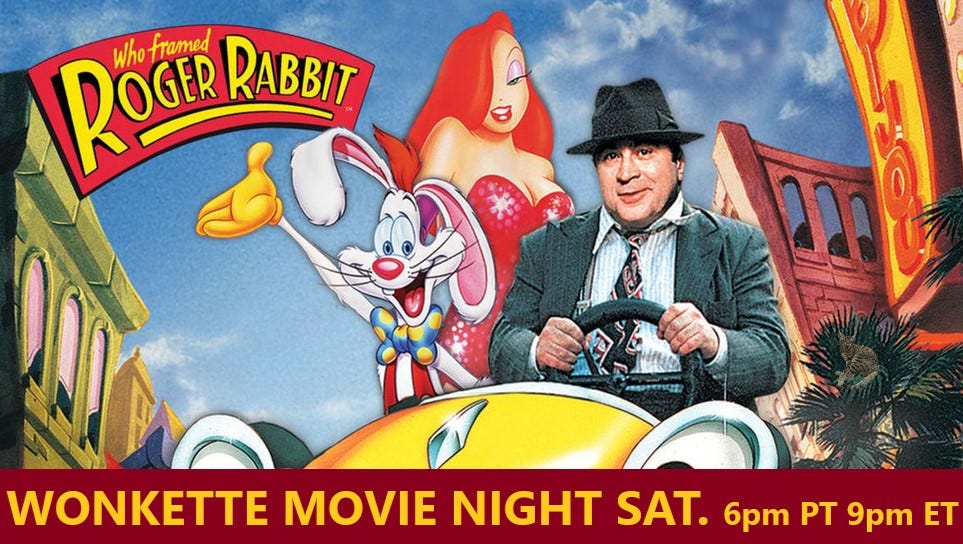

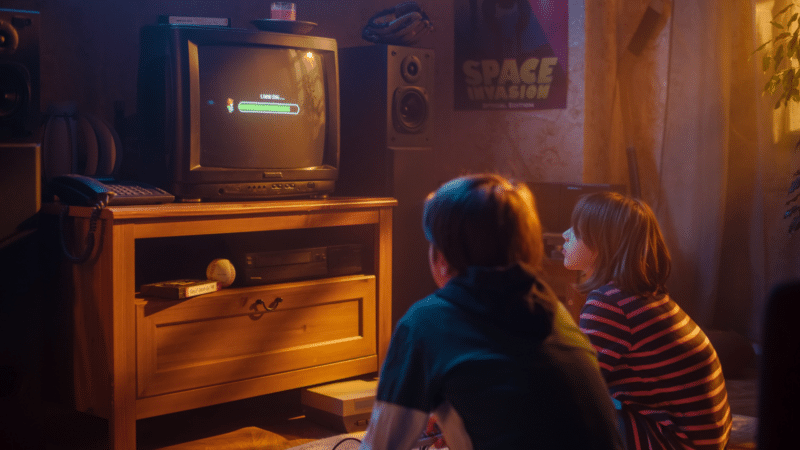


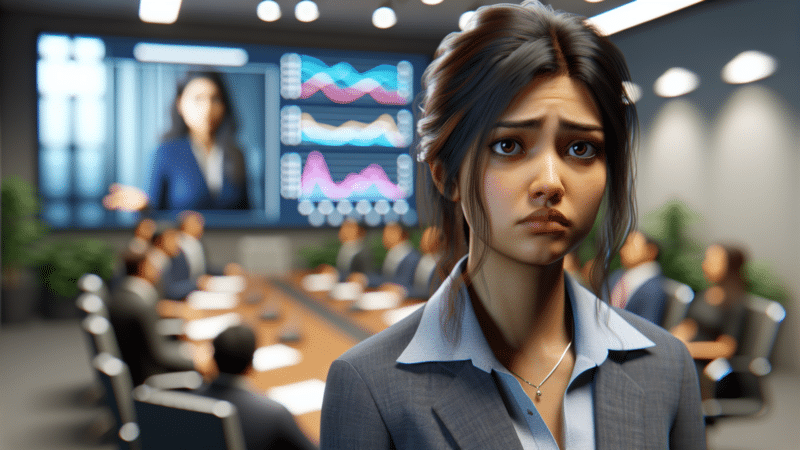

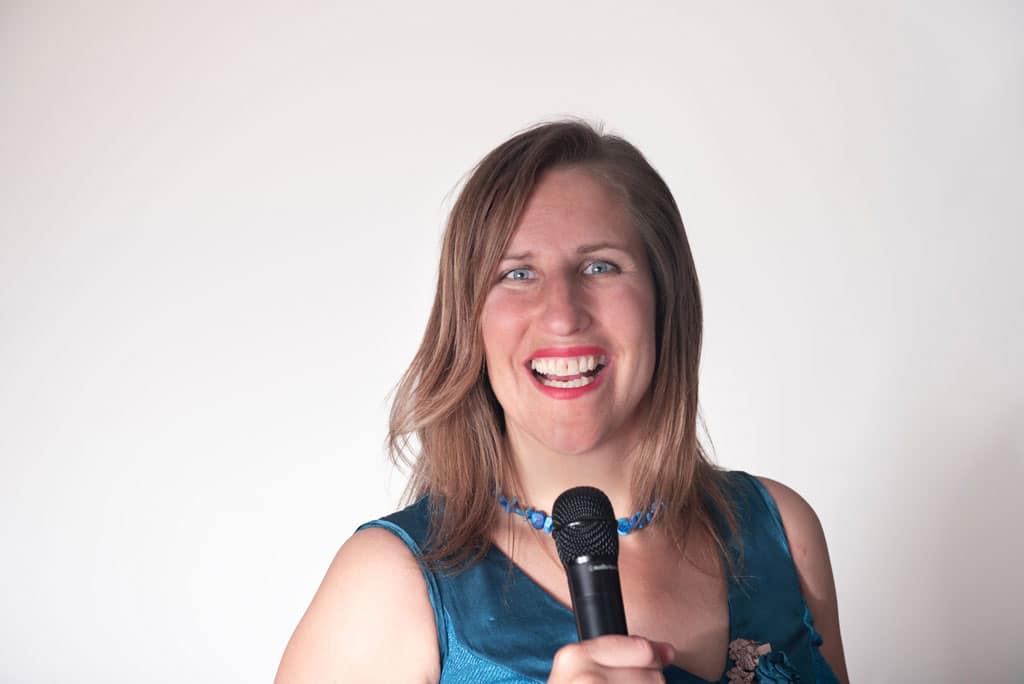

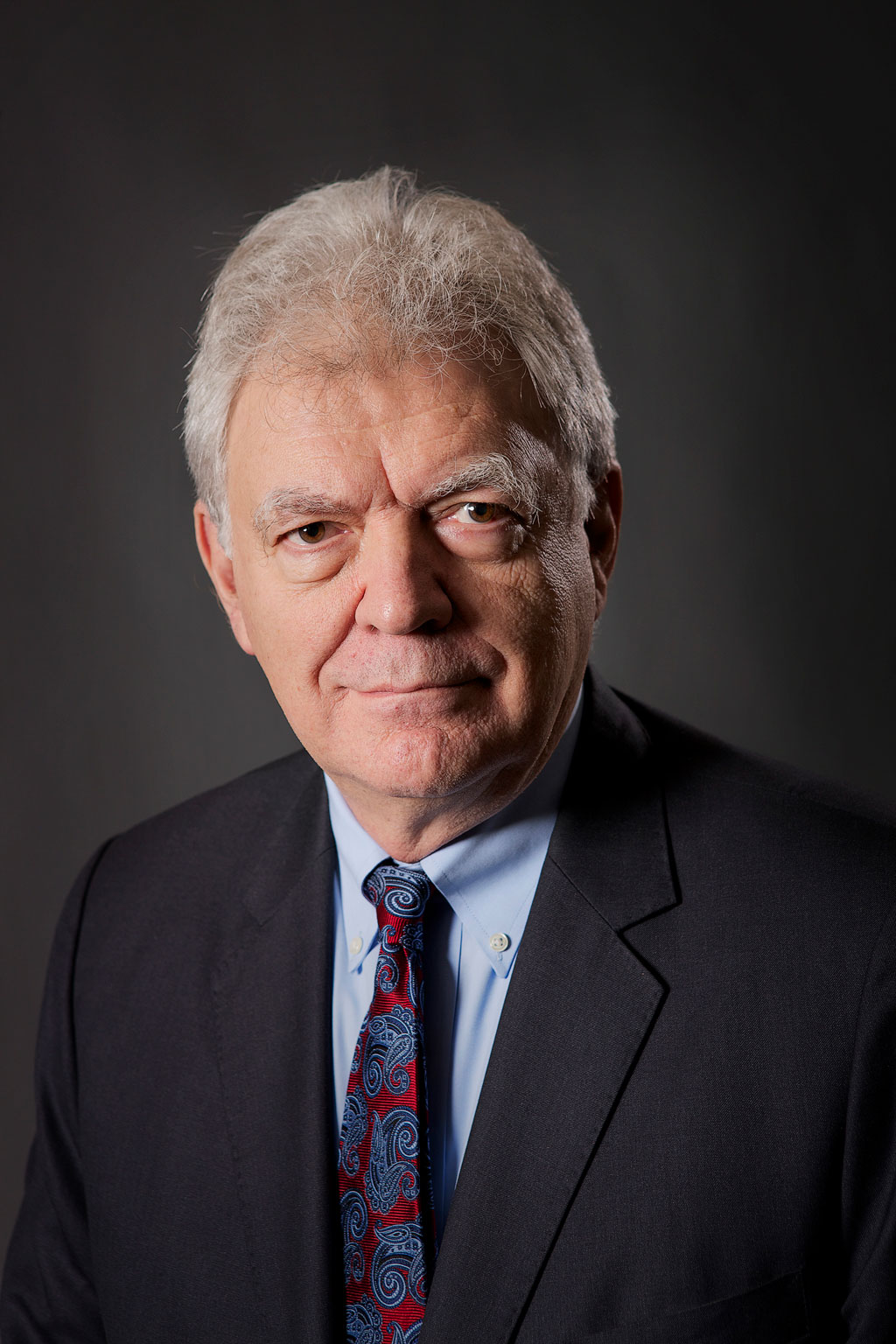

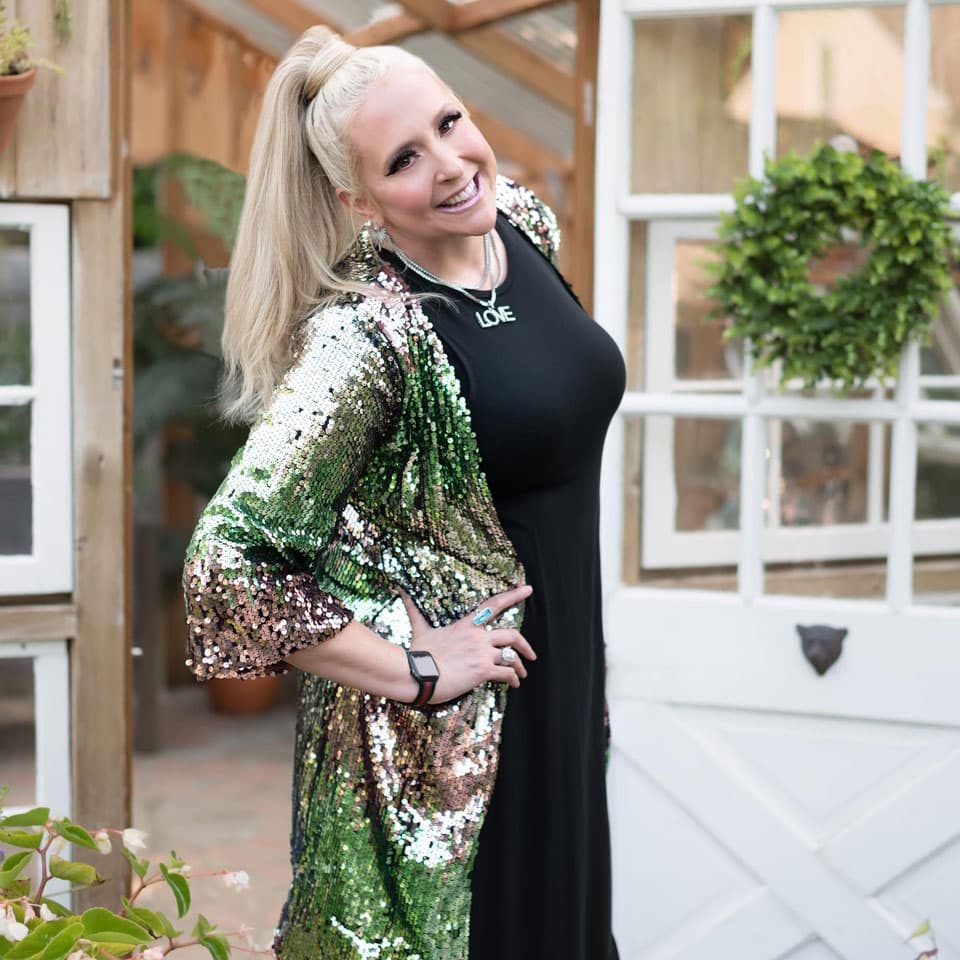

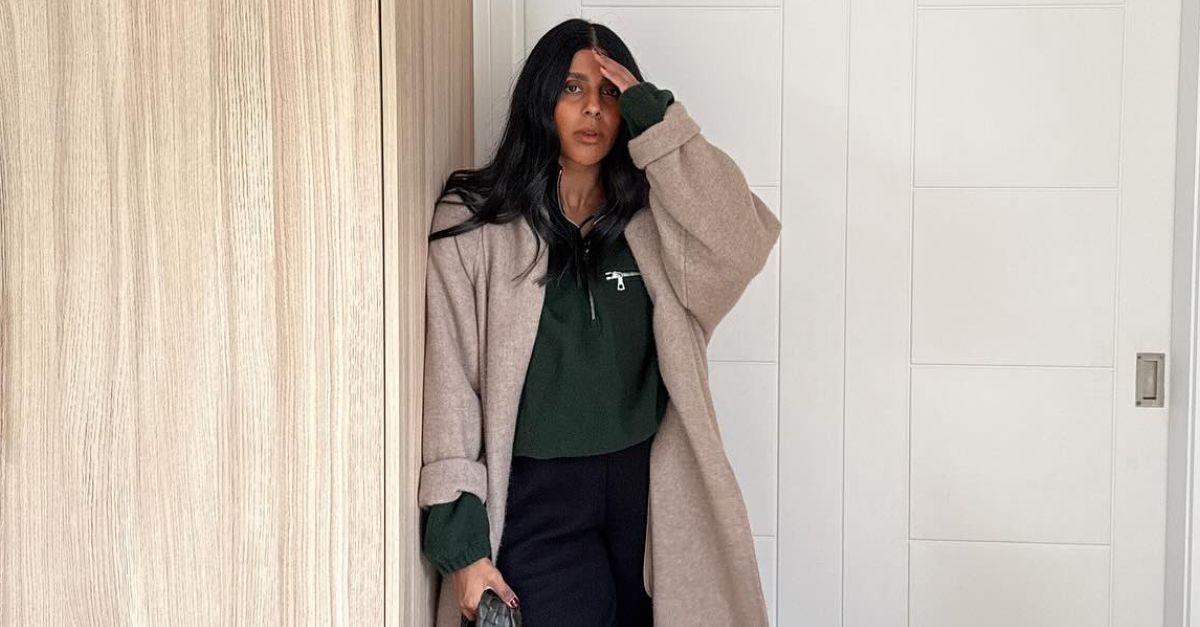
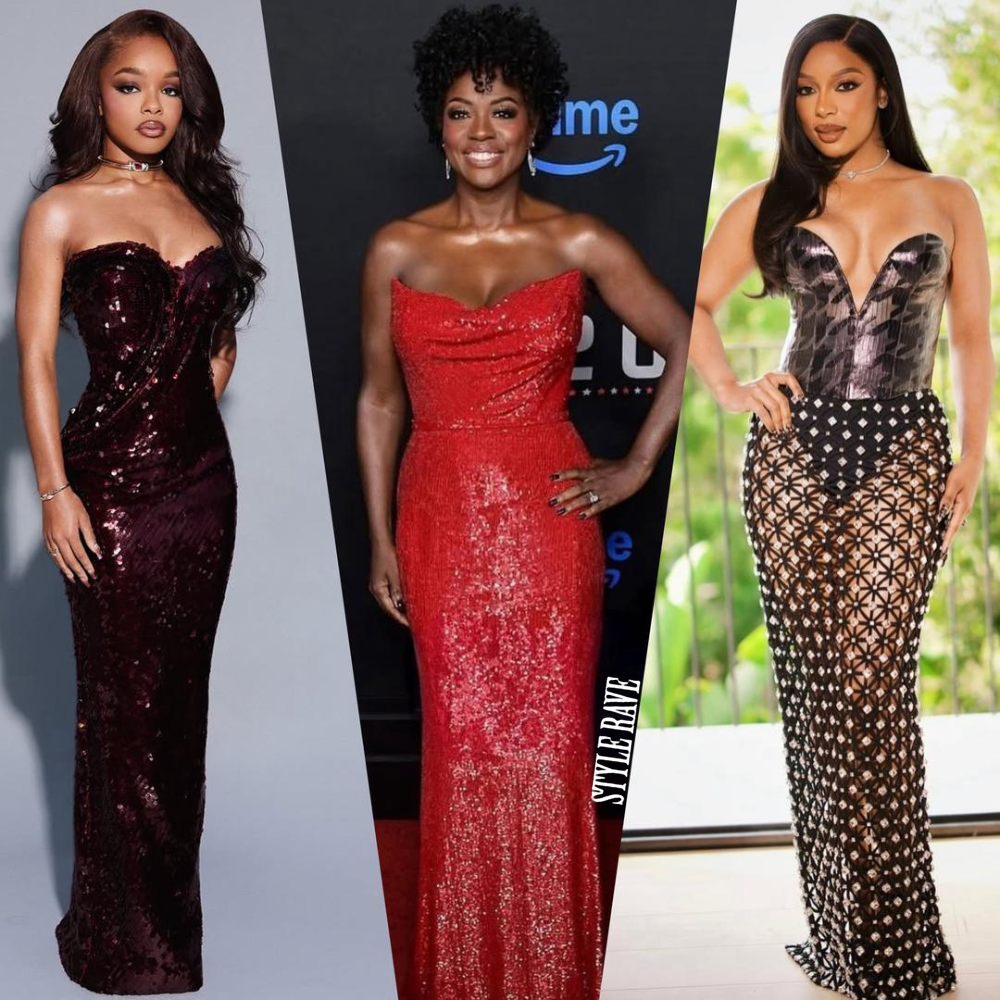


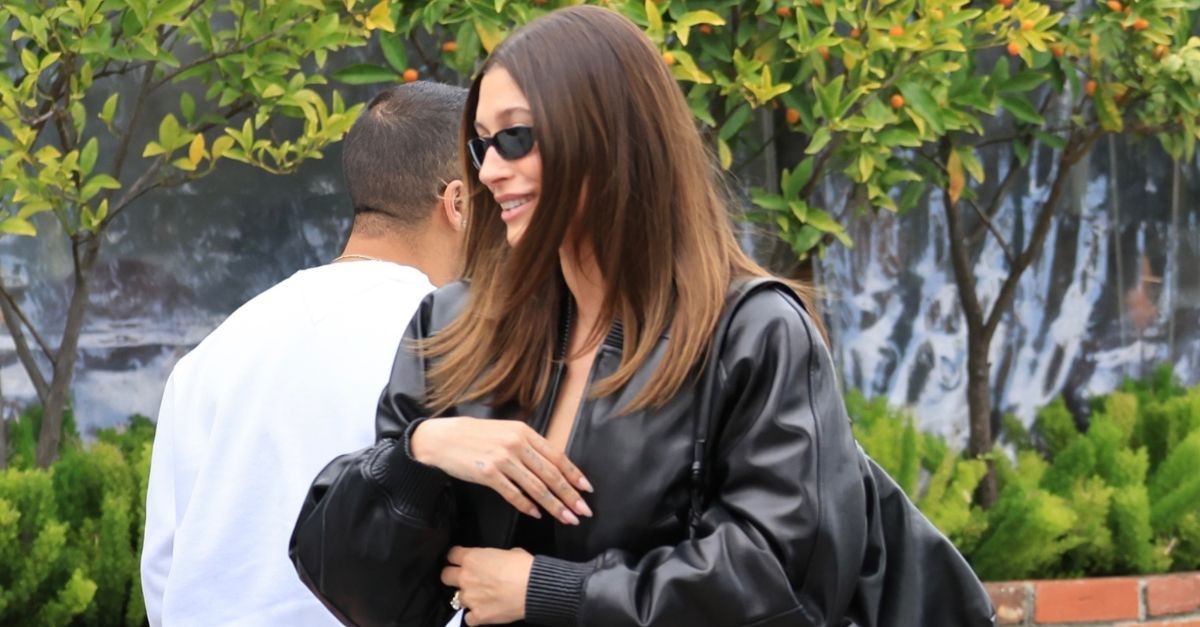









![Spider-Man Is Back in Black With the Green Goblin in New Funko Pop! Figures [Exclusive] Spider-Man Is Back in Black With the Green Goblin in New Funko Pop! Figures [Exclusive]](https://static1.colliderimages.com/wordpress/wp-content/uploads/2025/03/spider-man-the-animated-series-green-goblin.jpg)


